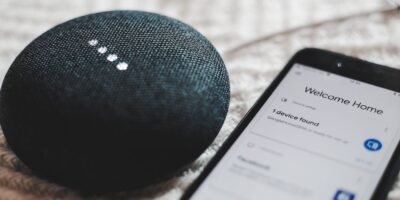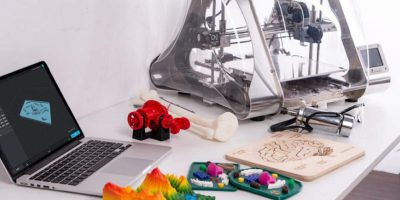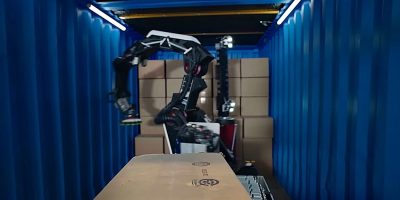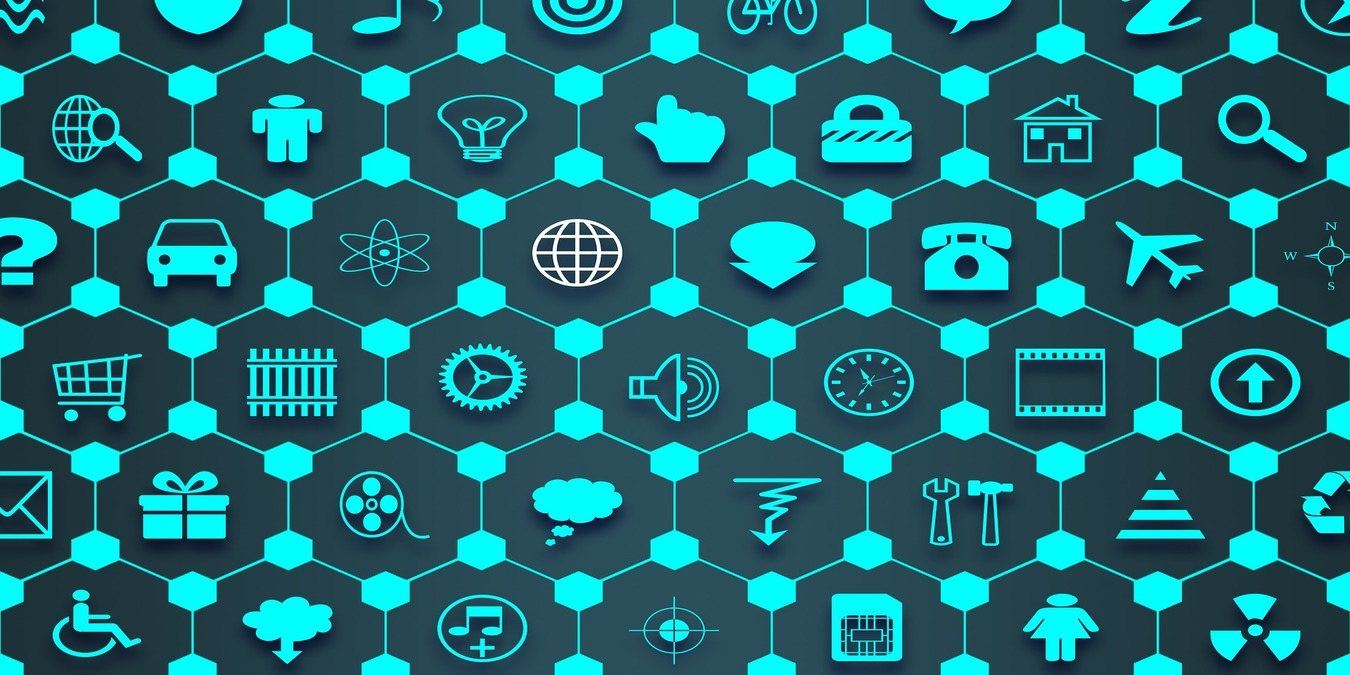
The advanced connection of the Internet of Things (IoT) comes with manifold benefits, as can be seen in different sectors transformed by it. Potential increments in business efficiency, customer engagement, and loyalty are also being felt across several industries.
According to estimates by Gartner, about 20.4 billion connected things will be in use by 2020 as more appliances and devices from watches to phones, cities and more come online. This means the potential to use the data in positive and new ways will grow.
Given the sheer number and array of devices that are connected to IoT, there are diverse advantages to reap from them. This holds true for IoT’s application in several industries, but what will be the transformative impact of IoT in the coming years, and what sectors have felt and continue to feel the impact?
Here’s our roundup of the top sectors and industries that have felt the impact of IoT.
1. Healthcare
Technology can be complicated and hazardous to hospitals but also promises operational efficiencies and enhanced patient care. Augmented and virtual reality are already being use in surgical procedures while allowing individual CT and MRI scans to be rendered as visualizations on patients.
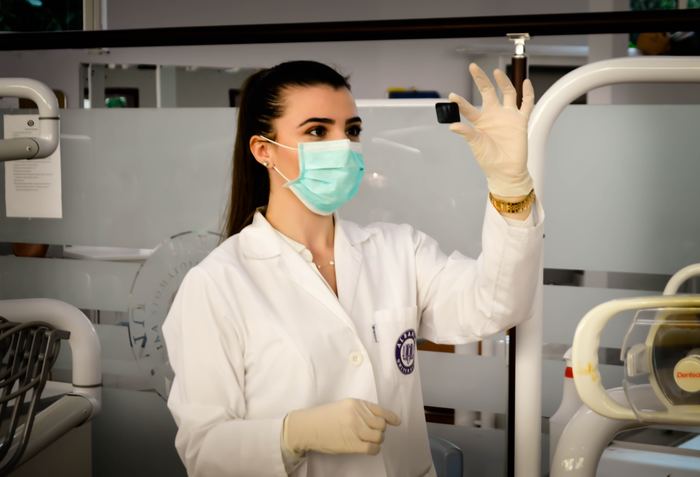
Wearables and implantable tech also help free time and bed space by getting patients out of bed earlier while helping with predictive analytics. Plus, they aid in administration of post-care regimes and medication through remote monitoring of patients’ vitals.
RFID bracelets also help correct patient identification and subsequent administration of the right medications and food.
IoT tracking helps identify blood and tissue samples, whether or not using a single-use tool or even finding machinery. Doctors can know if tools are sterilized, thus preventing any fatalities, particularly during chaotic emergency situations.
2. Government
In this sector, knowing the services required and used by citizens and being able to streamline them is just a small part in understanding IoT’s benefits to city planning and quality of life. Services like traffic, transport, health and utilities are important to citizens, so real-time data from IoT devices will help with this, and with disaster response management. The latter involves knowing where people are, how to get them, and how to mitigate the after-effects of catastrophes.
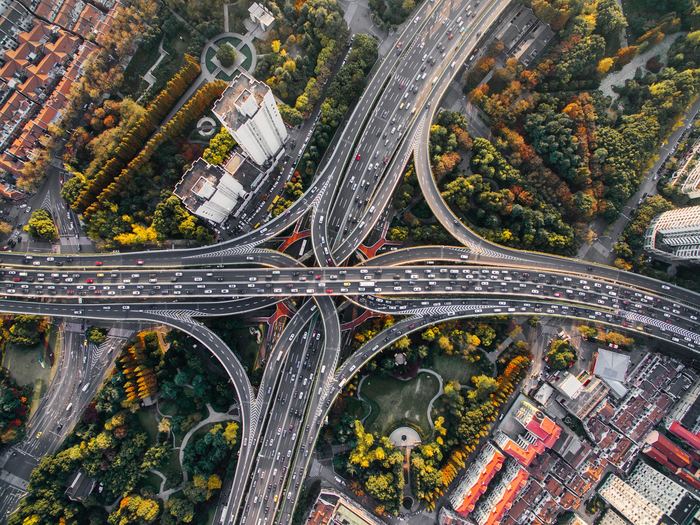
Smart cities are one of the major examples of connected technology impacting or transforming civic causes.
Government services are known for bureaucracies that IoT will transform, eliminating paperwork and waiting in endless queues. Similarly, being able to make routine enquiries, complaints and check permits using home assistants avoids the frustrations of waiting long on the phone to talk to customer care teams. It also reduces the need for agents who do low value work.
Another benefit of utilizing innovative services is the substantial cost to the taxpayer. Capitalizing on already existing devices and platforms can help governments offer more personalized and faster service while alleviating stress on cash-strapped and understaffed departments.
3. Financial Services
Financial service providers like banks add value to customers through IoT. Information about customers’ spending habits goes to the banks, among other important IoT data, and is fed into setting credit limits or loan underwriting. Customers also get useful financial information when they need it the most.
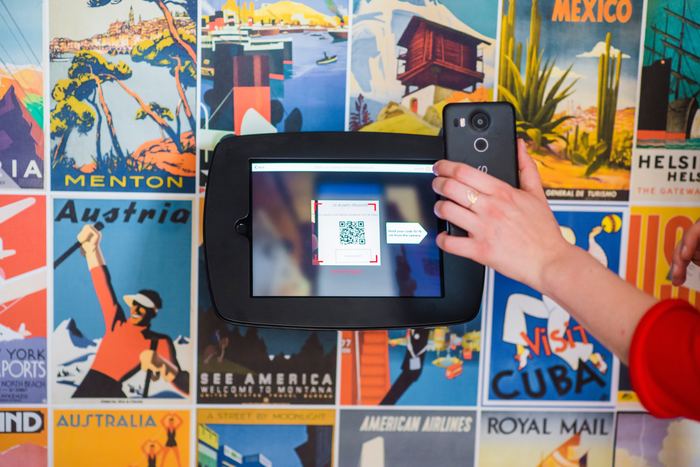
Chatbots and virtual assistants like Alexa and Google Home also provide ways of interacting with customers, especially with the increasing rise of online banking and cashless systems, making banks lose the human touch with customers.
Financial service providers increase loyalty through convenience and receive useful data for building products, managing risks and maintaining a competitive edge.
Smart cash points with connected vending machines also let customers accept deposits, take out loans, transfer cash and undertake other common transactions from the device.
4. Manufacturing
This industry is perhaps one of the most heavily affected by IoT. This includes manufacturers across all areas like electronics, automotive and more, who have already invested in devices embedded to monitor their assets and equipment. Hardware costs are falling, so manufacturers are stepping up their investments in IoT devices while reaping the benefits.
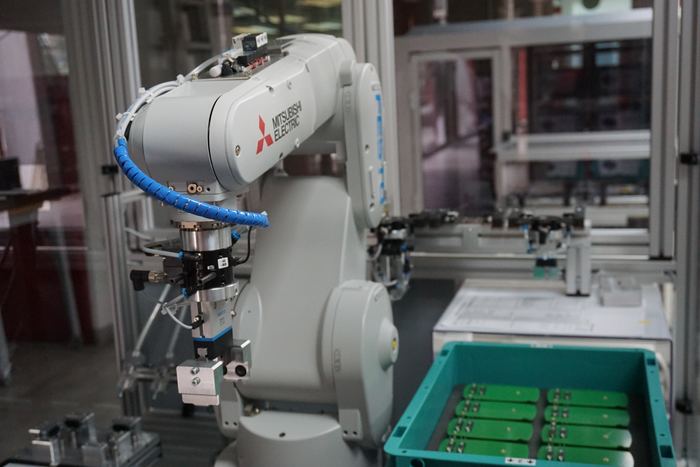
IoT is helping them track assets in their plants, consolidate control rooms, and increase analytics functionalities via installing predictive systems of maintenance.
Popularly referred to as “smart manufacturing,” IoT devices are improving productivity and operational efficiencies in the industry through retrofitting sensors to existing equipment or pre-installed connected sensors for newer equipment.
5. Real Estate and Property: Smart Buildings
Smart buildings are commonplace, at least for a decade or more now because of IoT. In commercial settings it serves to make property work for tenants with security, lighting, ventilation and other systems hooked to connected sensors, thereby making real efficiencies in energy cost reductions in the internal building management system.
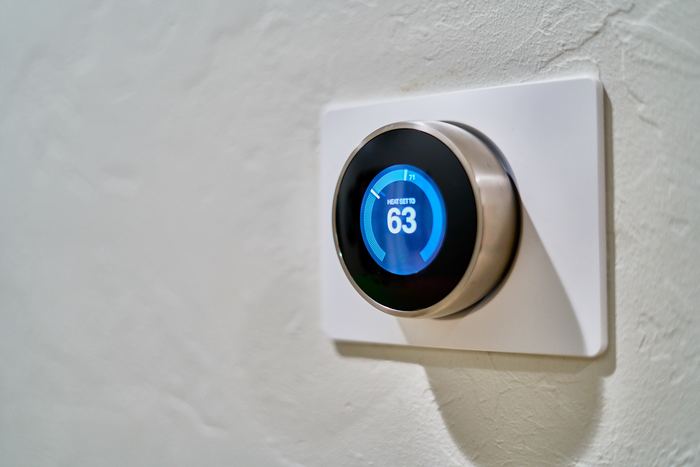
However, energy is just one of the data points. Other points include monitoring of anything from how much food or beverages are consumed, the rooms that aren’t in use, and much more.
Connections are augmenting the traditional methods of buying and selling through connected Wi-Fi beacons that allow the buildings to “talk” to potential renters or buyers when they’re within the proximity. This gives them access to the floor plans and other building photos.
Augmented reality is also useful when buyers are viewing houses or carrying out property customizations as they change the color of the paint or insert their own furniture. Realtors can also get data of where the viewers spend most of their time, so they can position the property’s selling points more accurately.
Companies are also benefitting as they get to move beyond cost reduction to aligning their priorities with those of the property managers or owners. It also helps improve physical security significantly through connected facial recognition cameras to protect their offices in real time.
Building developers are growing their margins and enjoying operational efficiencies, with enhanced tenant relationships and more opportunities for generating new revenues.
6. Mining and Resources
IoT offers mine employers sensors and trackers they can use to track staff during incidents or if they stray into unsafe, restricted areas. RFID tags mounted on helmets of underground workers, have proven useful in tracking their whereabouts.
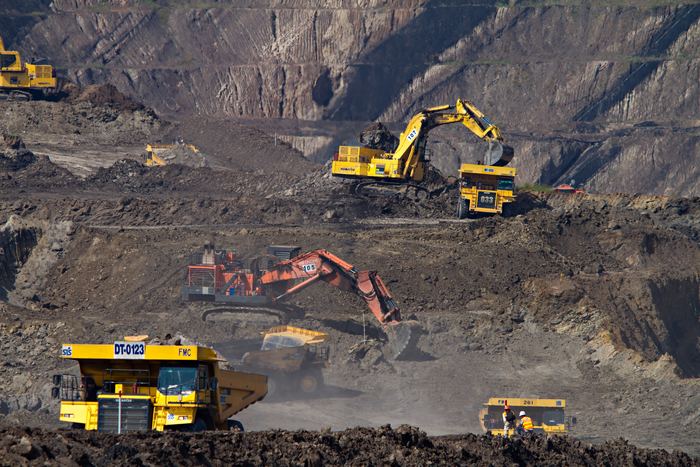
It can track their machines’ health because shutdowns are costly, so real-time data from sensors on the state of the equipment enables a proactive approach to maintenance.
Operational cost efficiencies from connected systems allow the mines to adjust their activities and resources based on the data they have of the different areas in the mines.
Wrap-Up
A connected reality can benefit all these industries, but there should be some intelligence behind its implementation. Several deciding factors like project complexities, cultural obstacles, time, and lack of expertise should be considered in order to realize success with IoT.
Get the best of IoT Tech Trends delivered right to your inbox!


